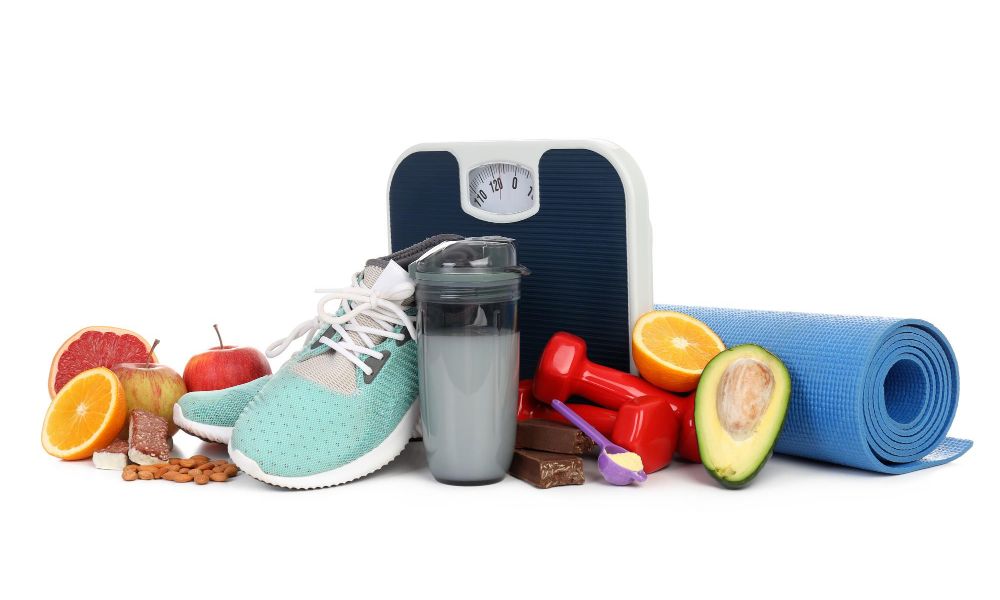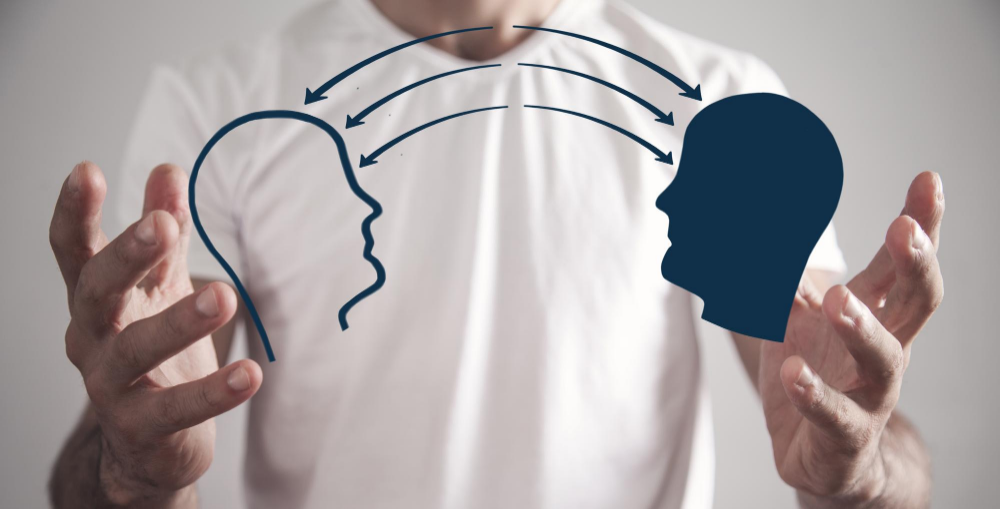In the age of the internet, it's easy to fall prey to health myths that are perpetuated online. From miracle cures to diet fads, it can be difficult to sort through the facts and the fiction. However, debunking health myths with science can help us understand the truth behind common health myths.
Myth: Carbs are bad for you
One of the most common health myths is that carbs are bad for you. While it's true that simple carbohydrates found in processed foods can be harmful in excess, complex carbohydrates found in whole foods like fruits, vegetables, and whole grains are essential for our health. They provide energy, fiber, and important nutrients that our bodies need.
Myth: Fat is bad for you
Another common health myth is that all fats are bad for you. However, not all fats are created equal. Unsaturated fats found in foods like nuts, avocados, and olive oil are good for our health and can actually reduce the risk of heart disease. Saturated fats found in foods like butter and red meat can be harmful in excess, but they are not inherently bad for us.
Myth: Detox diets are necessary
Detox diets have become a popular fad in recent years, but the truth is that our bodies have built-in detox systems that work perfectly well on their own. Our liver, kidneys, and lymphatic system are all designed to remove toxins from our bodies. Drinking green juice for a week won't do anything to improve this process.
Myth: Vitamin C can cure a cold
While vitamin C is an essential nutrient for our immune system, it won't cure a cold. It may help to reduce the severity and duration of a cold, but it won't make it disappear overnight. The best way to prevent getting sick is to maintain a healthy lifestyle with good nutrition, exercise, and plenty of sleep.
Myth: Gluten-free is always better
Gluten-free has become a buzzword in recent years, but it's important to understand that gluten-free doesn't always mean healthier. If you have celiac disease or gluten sensitivity, then a gluten-free diet is necessary. However, many gluten-free products are highly processed and may contain more sugar and fat than their gluten-containing counterparts. If you don't have gluten sensitivity, there's no reason to avoid gluten.
Myth: Organic is always better
While organic foods can be a good choice, they aren't always necessary. Many non-organic foods are just as nutritious as their organic counterparts. Additionally, organic foods can be more expensive and may not be accessible for everyone. If you can afford organic and want to support sustainable agriculture practices, then it can be a good choice. But don't feel like you have to choose organic all the time.
Myth: Vaccines are harmful
This is one of the most dangerous health myths out there. Vaccines are essential for our health and have been proven to be safe and effective. They protect us from dangerous diseases that can cause serious harm or even death. It's important to trust the science and get vaccinated to protect yourself and those around you.
Myth: You need to drink 8 glasses of water a day
While it's important to stay hydrated, the idea that we need to drink 8 glasses of water a day is a myth. Our bodies are good at regulating our water intake, and we don't need to force ourselves to drink a specific amount of water. However, it's important to drink water when we're thirsty and to stay hydrated throughout the day.
Myth: You can spot-reduce fat
Many people believe that doing specific exercises can target fat in certain areas of the body, but the truth is that spot-reducing fat is a myth. When we lose weight, we lose it from all over our body, not just from specific areas. Doing exercises that target specific muscles can help to tone and strengthen those muscles, but it won't necessarily reduce fat in that area.
Myth: You need to do a lot of cardio to lose weight
Cardio can be an effective way to burn calories and lose weight, but it's not the only way. Strength training can also be effective for weight loss and can help to build muscle, which increases our metabolism and burns more calories throughout the day. Additionally, a balanced diet with a calorie deficit is the most important factor for weight loss.
Debunking health myths with science is important for our health and well-being. It's easy to fall prey to myths and misinformation online, but understanding the truth behind common health myths can help us make informed decisions about our health. By focusing on a balanced diet, regular exercise, and staying up to date with scientific research, we can improve our health and avoid falling for health myths and misconceptions. Remember, it's important to trust science and seek advice from healthcare professionals when making decisions about our health.
Disclaimer:
The health and wellness information on this website is based on online research and documents and is for general informational purposes only. It is not a substitute for professional medical advice, diagnosis, or treatment. We do not claim to have authority in the field and cannot guarantee the accuracy or completeness of the information provided. Always consult a qualified healthcare professional before making any medical decisions. By using this website, you agree to these terms and use the information at your own risk.








